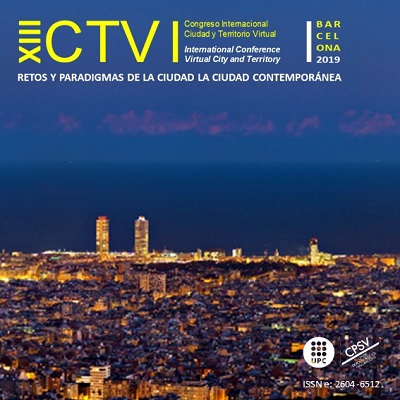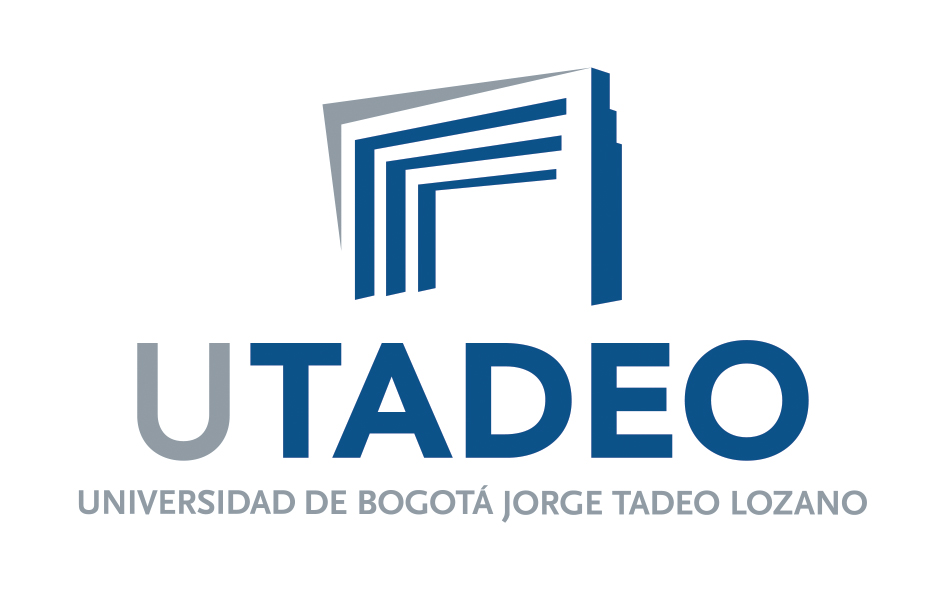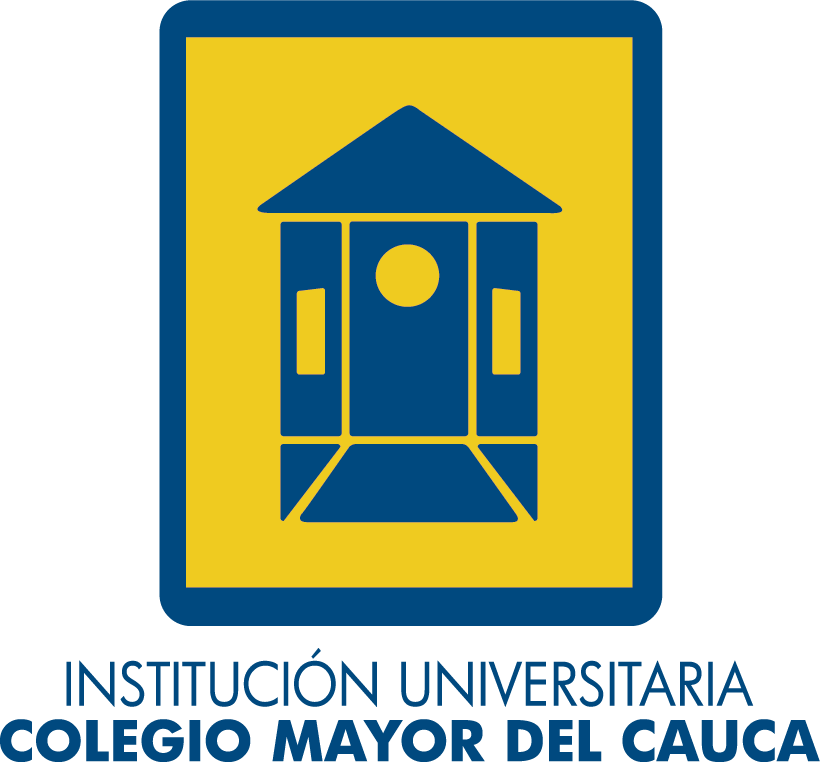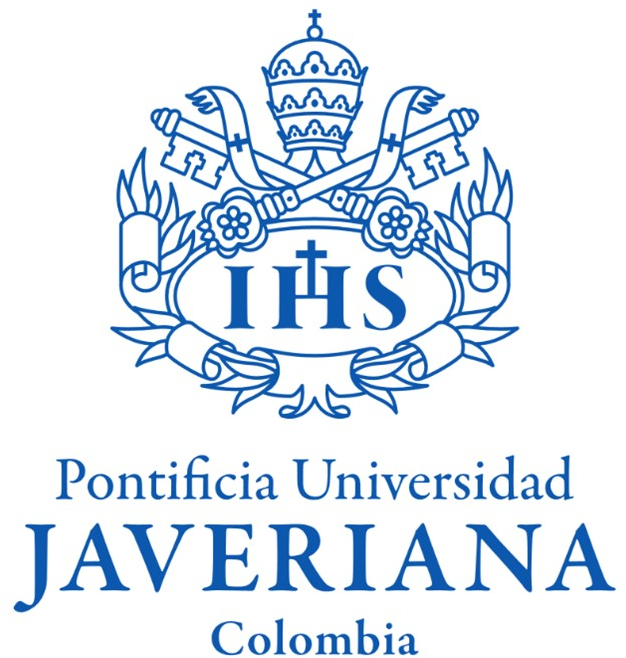Disruptive and Contentious Enterprises: Megaprojects in Bilbao, Istanbul and Hong Kong
DOI:
https://doi.org/10.5821/ctv.8503Keywords:
Disruptive megaprojects, contentious megaprojects, Bilbao, Istanbul, Hong KongAbstract
In order to increase their global visibility, many cities have undertaken in the past two decades’ strategies of revitalization and re-development that in many cases include the construction of emblematic megaprojects, often iconic buildings from an architectural point of view. The expectation was that such iconic buildings and structures would internationalize the city, put it "on the map", attract global investments, visitors and tourists, and thus contribute to solve the perennial problem of improving the welfare and prosperity of urbanites. The city of Bilbao, Spain, is a legendary example (one that is more successful than others) of this focus on urban development via construction of spectacular architecture in times of globalization.
This paper discusses contentious aspects in the planning and development of megaprojects in three cities around the world: Bilbao, Istanbul and Hong Kong. Our purpose is to lay out the variety of controversies, difficulties, obstacles, negative impacts and civic opposition associated to the construction of urban projects in the three cities. We will show that the nature and the shaping of projects owes to the socio-economic, developmental, institutional and geographic context where they emerge. However, we will also see that urban megaprojects, regardless of context, constitute disruptive and contentious enterprises and have an intrinsic potential (often realized) to elicit substantial controversy and criticism that fundamentally questions the parameters of the projects as envisioned and publicly presented by their promoters. As a result, it is possible to highlight – as will be done in the conclusion to this paper -- some suggestions for future research and policy practice aiming at urban sustainability that can be applied to the planning, design, management, implementation and development of megaprojects worldwide. The list of negative impacts of megaprojects is long: cost overruns, negative environmental impacts, gentrification risks, drawbacks of top-down cultural engineering, neglect of local cultural identities, an uncertain economic success, population displacements, the spoiling of cities´ visual and structural uniqueness, rise of congestion and overpopulation, political gridlock, threats for ecosystems, environmental risks of many kinds, etc.
In this paper, we specifically claim that megaprojects are disruptive and contentious enterprises. They are disruptive enterprises in that they substantially modify the physical appearance of cities and their urban fabric, often triggering socio-economic imbalances and realignments in urban power arrangements in growth machines and civil society. Megaprojects also require substantial financial investments which, in practice, may drain out local budgets and substantially alter the priorities of local governments. Megaprojects are also contentious enterprises because of the complex make up of stakeholders with conflicting interests in their planning, construction, management and governance. This often results in major obstacles for megaproject implementation, the strategic misrepresentation of costs and benefits, optimism bias among planners and promoters about megaproject impacts and, as a result, a widespread perception among urbanites that these structures are negative for their cities.
In view of all of these drawbacks, it seems reasonable to think that better investment opportunities exist for cities, but very often these opportunities are not priorized given the hegemonic neoliberal urban discourse that focus on growth, international visibility and competition in the global arena. Based on the evidence in the three cases (Bilbao, Istanbul, Hong Kong) we highlight some of the keys to ensure that urban leaders (and urbanites themselves as creators and re-creators of the places they inhabit) cease to prioritize neoliberal development models based on megaprojects and work to organize sustainable urban ecosystems from an ecological, environmental and socio-economic perspective.
























